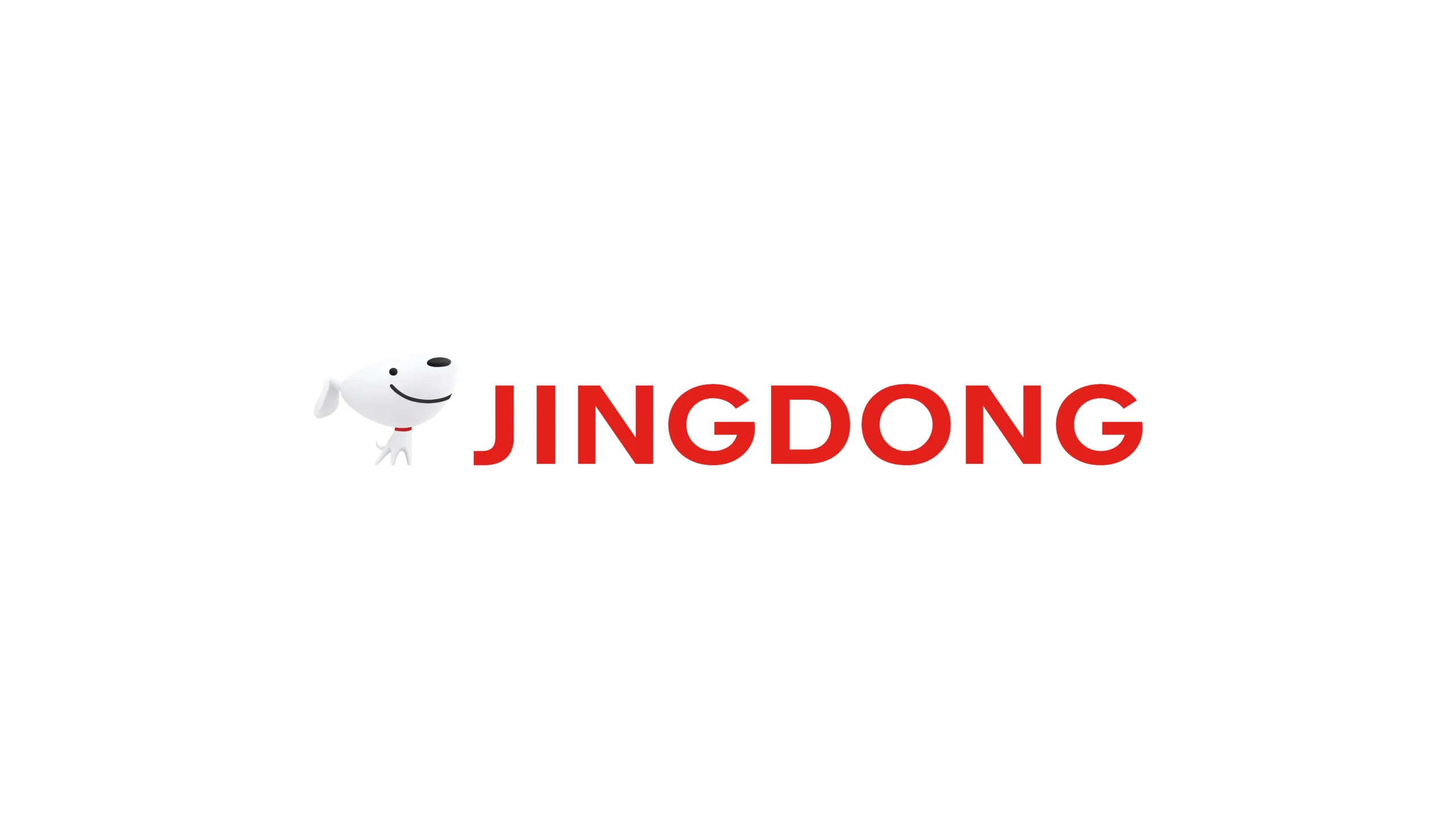Table of Contents
Introduction: The Rise of Thailand eCommerce Market
The Thailand eCommerce industry is booming, with its market value expected to exceed USD 35 billion by 2025. A young, digital-savvy population combined with strong logistics networks makes Thailand one of the most dynamic online shopping destinations in Southeast Asia.
Top 10 Thailand eCommerce Platforms
The following list is presented in no particular order and does not represent a ranking of the brands.

1. Shopee Thailand
Shopee leads Thailand’s online retail space, offering affordable products, flash sales, and free shipping deals that attract millions of buyers.

2. Lazada Thailand
Backed by Alibaba, Lazada is known for big campaigns like 11.11, wide product categories, and integrated logistics.

3. JD Central
A joint venture between JD.com and Central Group, JD Central emphasizes authentic products, electronics, and high-quality goods.

4. TikTok Shop Thailand
TikTok Shop is growing fast, allowing seamless shopping directly within the app, especially for beauty, fashion, and lifestyle products.

5. LINE SHOPPING
Integrated with the popular LINE messaging app, LINE SHOPPING makes social commerce easy for SMEs and individual sellers.

6. Central Online
The digital extension of Central Department Store, offering branded fashion, beauty, and lifestyle products.

7. Pomelo
A leading fashion eCommerce platform, Pomelo is popular among young Thais for its trendy and affordable styles.

8. Konvy
Thailand’s largest beauty-focused eCommerce site, Konvy sells cosmetics, skincare, and wellness products at competitive prices.

9. Power Buy
A trusted platform for electronics, appliances, and gadgets, backed by Central Group.

10. Robinson Online
Part of Central Retail, Robinson Online offers fashion, lifestyle, and household items with nationwide delivery.
Tips for Businesses Targeting Thai Consumers
- Offer localized content in Thai language.
- Provide convenient payment options like PromptPay and TrueMoney.
- Focus on flash sales, discounts, and free shipping promotions.
- Leverage influencer marketing and live-stream shopping for higher engagement.
What to Take Note If Shipping from Thailand to Singapore
Thailand has well-established logistics channels, making shipments to Singapore relatively smooth. Businesses should be mindful of:
- Customs Declarations – Ensure product details, values, and HS codes are accurate to prevent clearance delays.
- Restricted Products – Certain items like cosmetics, health supplements, and electronics may require permits in Singapore.
- Taxes & Duties – Imports above SGD 400 are subject to GST in Singapore. Businesses should inform buyers upfront.
- Packaging Standards – Use durable packaging to ensure products remain safe during cross-border delivery.
By planning shipments carefully, sellers can expand from Thailand into Singapore efficiently.
Conclusion: Future of Thailand eCommerce
The Thailand eCommerce market is fast-growing, shaped by mobile-first shopping, social commerce, and digital payments. Platforms like Shopee, Lazada, JD Central, and TikTok Shop dominate, while niche platforms such as Konvy and Pomelo thrive in beauty and fashion. For businesses, adapting to local payment systems, consumer preferences, and promotions will be key to capturing Thailand’s exciting eCommerce opportunities in 2025 and beyond.
 Malaysia
Malaysia Thailand
Thailand Indonesia
Indonesia










